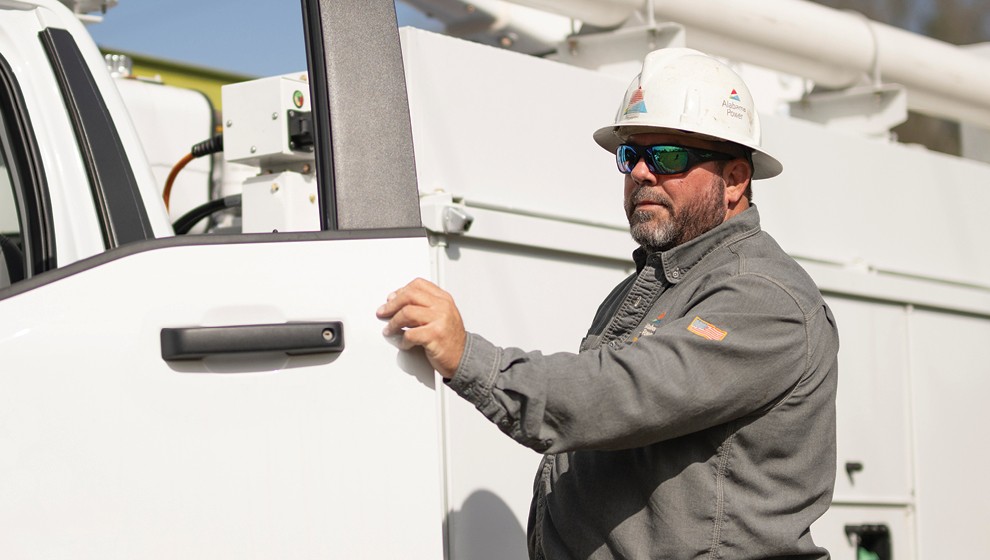Recommended for You
-

Limited-Time Offers
Check out current offers that can help you manage your energy usage more efficiently.
-

Year-Round Comfort & Savings
Switch to an electric heat pump and save on your annual heating and cooling costs.
-

Solar for Your Business
Read about the opportunities for commercial and industrial solar installations.
Top Stories from Alabama News Center
Loading…

